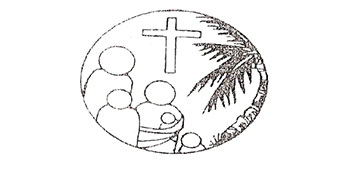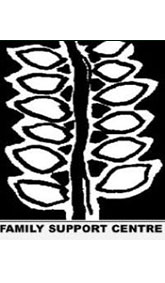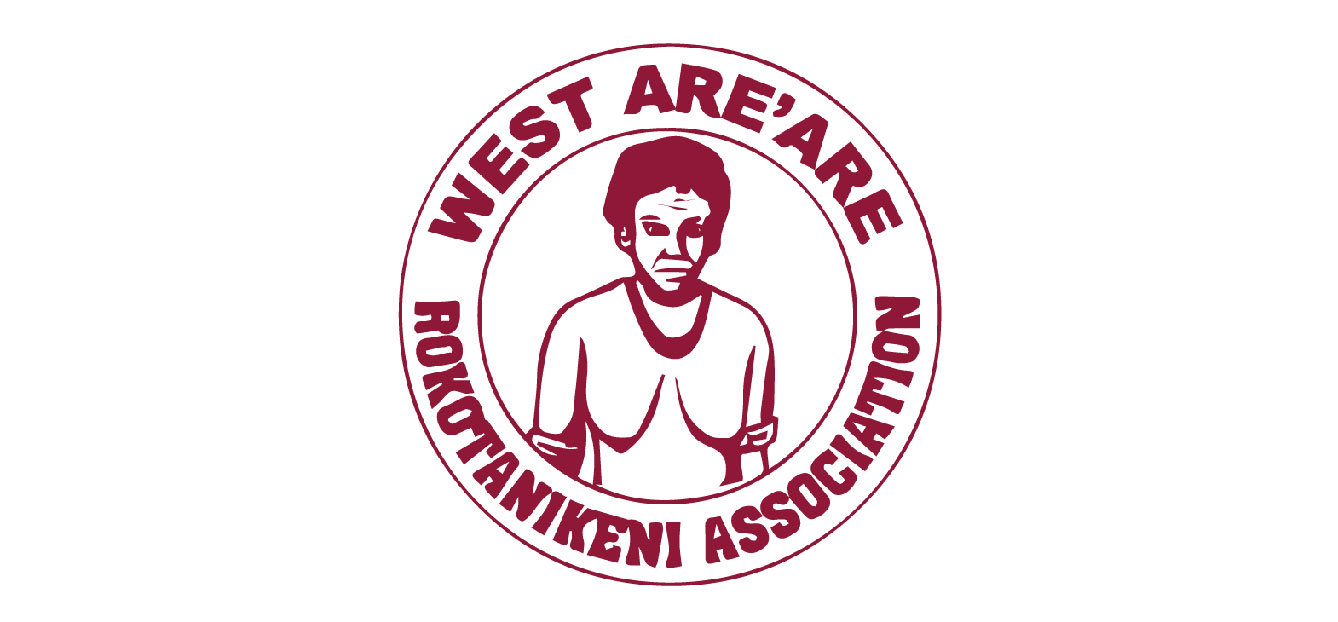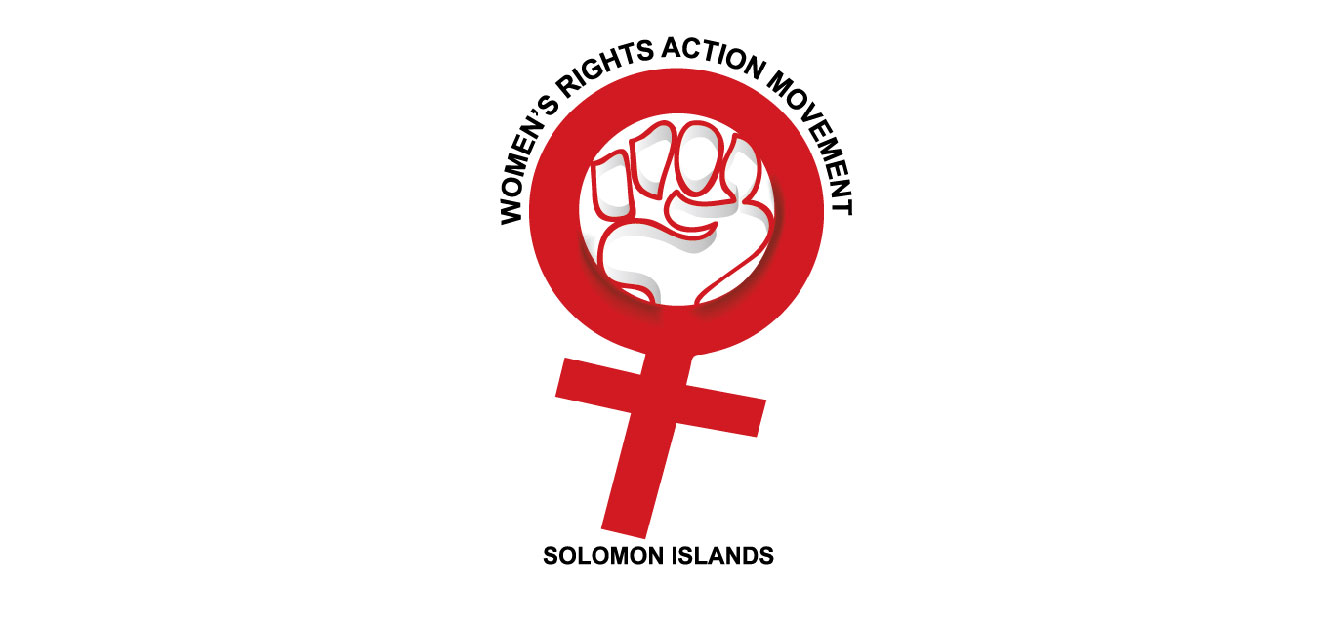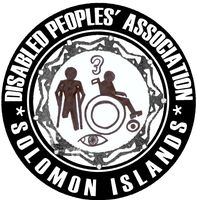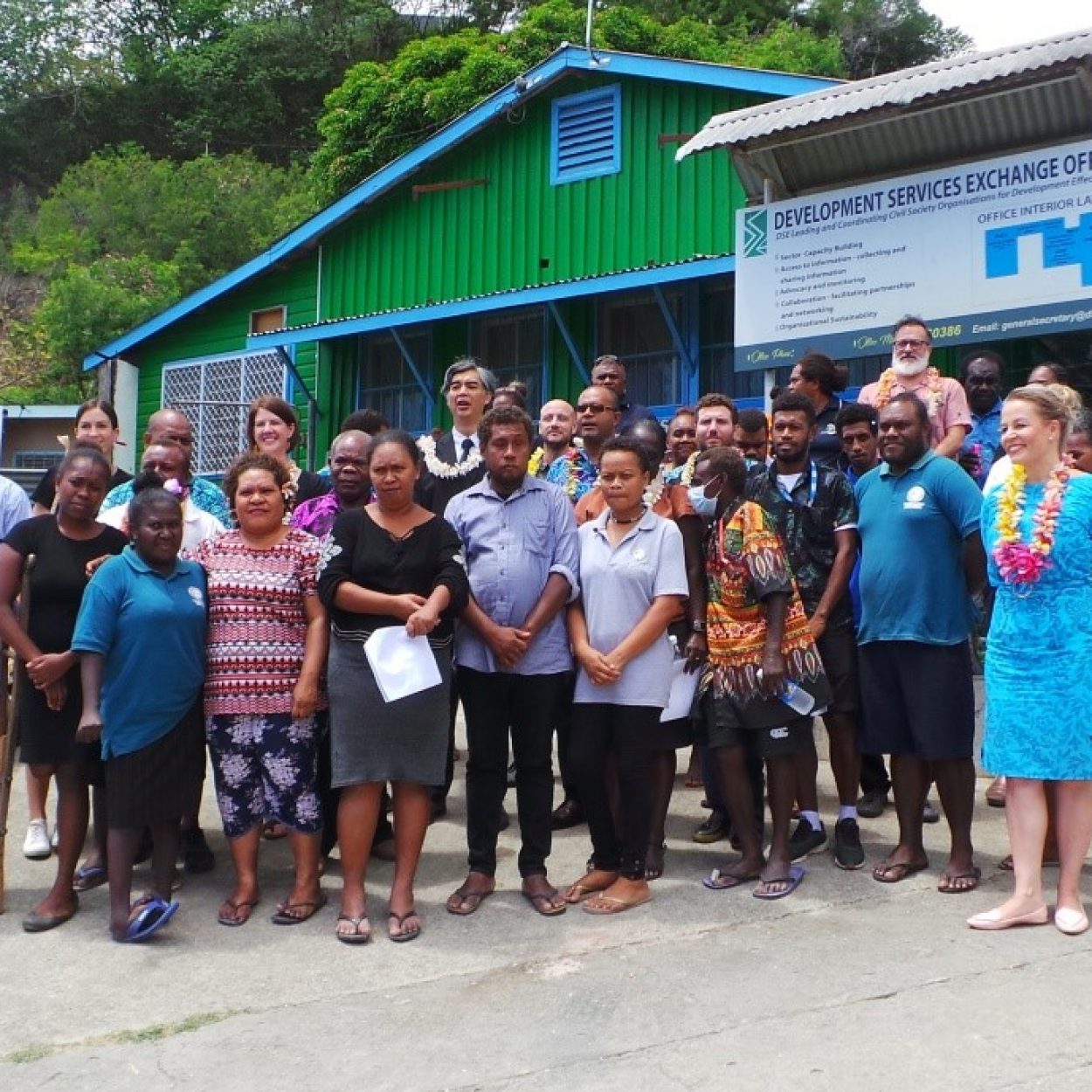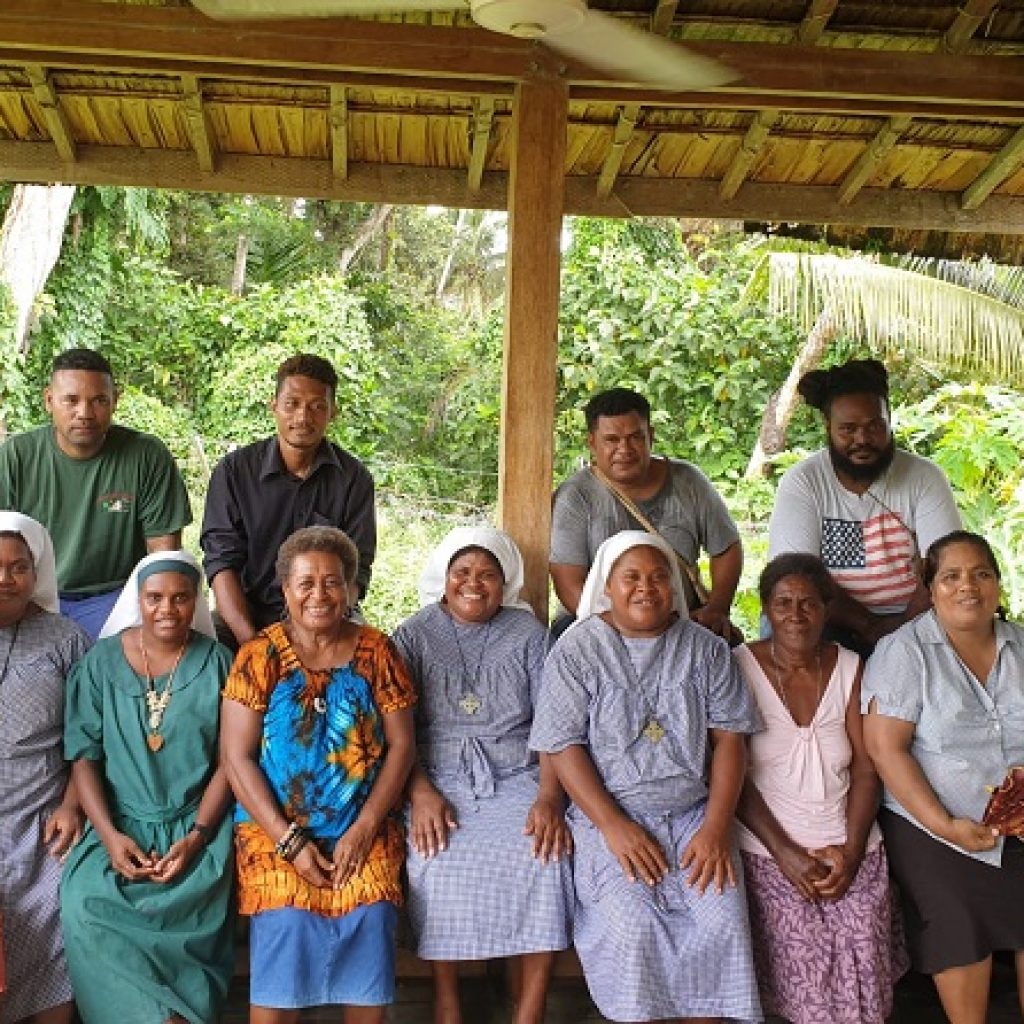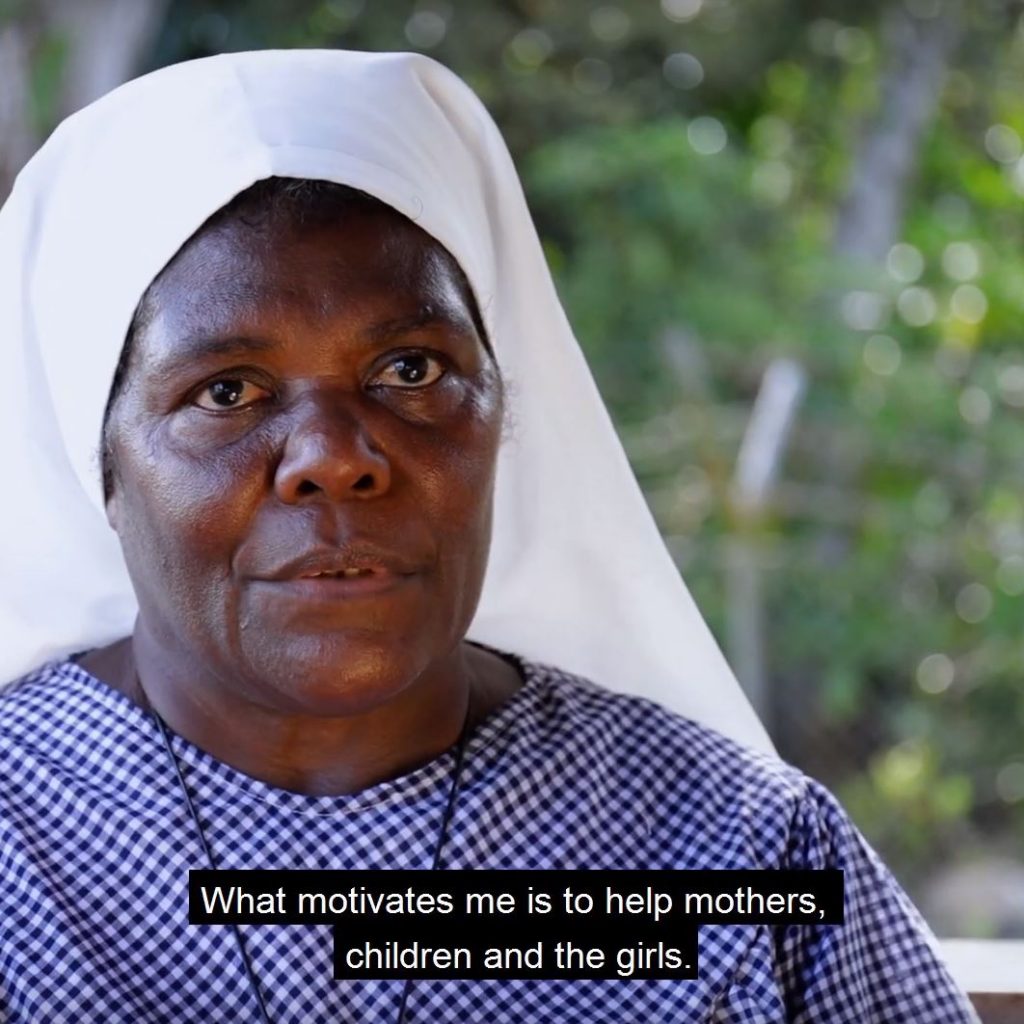Solomon Islands
Following the pandemic, economic contraction sees the country enter its first recession since 2004.
Solomon Islands lies to the northeast of Papua New Guinea and is home to 70 languages and over 997 islands, making this small island nation one of great diversity.
Solomon Islands is currently emerging from a period of post-Pandemic rebuild. Global supply disruptions, lockdowns and border closures have had a negative impact on manufacturing, logging, fishing and tourism. In 2020, the economy contracted by 4.3% resulting in the first recession since 2004.
Climate Change already impacts this Melanesian state, a 2016 study found at least five low-lying islands have disappeared since 1947. The majority of Solomon Islanders lead a rural, semi-subsistence lifestyle and people living on remote islands have little interaction with the state or access to healthcare, education and other government services.
The current national parliament has four women out of 50 members, the highest level at any one time since Solomon Islands gained political independence in 1978.
Climate Change already impacts this Melanesian state, a 2016 study found at least five low-lying islands have disappeared since 1947. The majority of Solomon Islanders lead a rural, semi-subsistence lifestyle and people living on remote islands have little interaction with the state or access to healthcare, education and other government services.
Life for women in Solomon Islands
Solomon Islands is a patriarchal society and men hold the majority of leadership positions in state, customary and faith-based institutions. In government, just six women have ever been elected to parliament since 1978. Across the country, 62% of women are in paid employment, compared to 80% of men, and a 2009 study found 64% of ever-partnered women had experienced sexual and/or physical violence from an intimate partner.
Despite these obstacles, Solomon Islands is on the precipice of significant advancements in the lives of women and girls. A combination of increasing political will towards women’s rights and gender sensitive legal and policy frameworks, a growing women’s machinery within government and a strengthening women’s rights movement in civil society, is creating an increasingly enabling environment for women’s rights and gender equality.
Barriers to equality
3 seats
Out of 50 in parliament is currently held by a woman
64%
Ever-partnered women have experienced physical or sexual violence from an intimate partner
75%
Women are in vulnerable employment

Quick stats
695,000
Total population
156/188
Human Development Index Ranking (HDI)
12.7%
Population living below National Poverty Line
Partnering for change
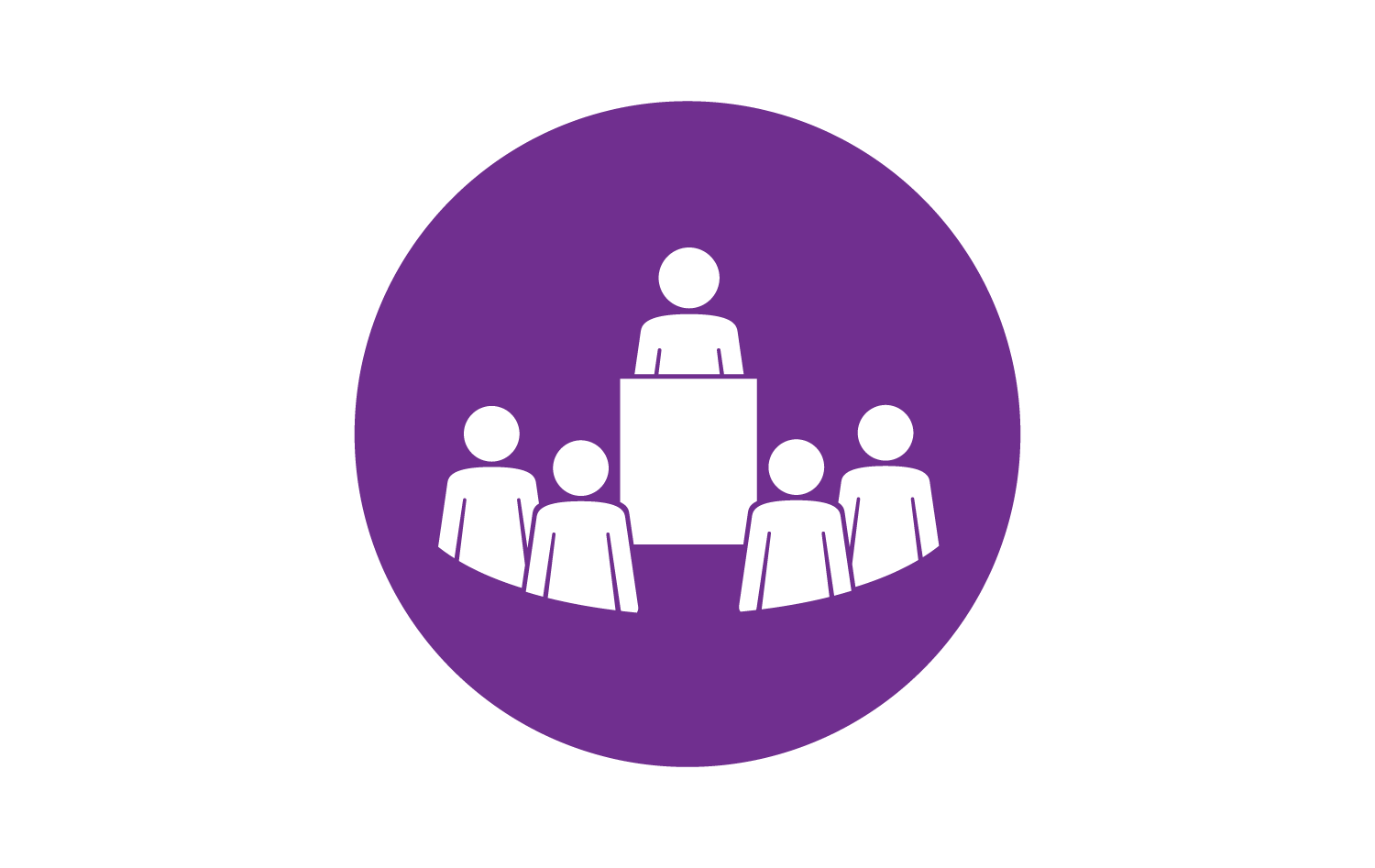
Promoting women’s leadership
With rates of women’s political representation in Solomon Islands amongst the lowest in the world, holding the government accountable for its commitments to women is critical. That’s why the Women’s Rights Action Movement (WRAM) is working to coordinate the Solomon Islands women’s movement to hold the government accountable. It is also supporting other civil society organisations to bring a “gender lens” to their development work with communities across the Solomon Islands.
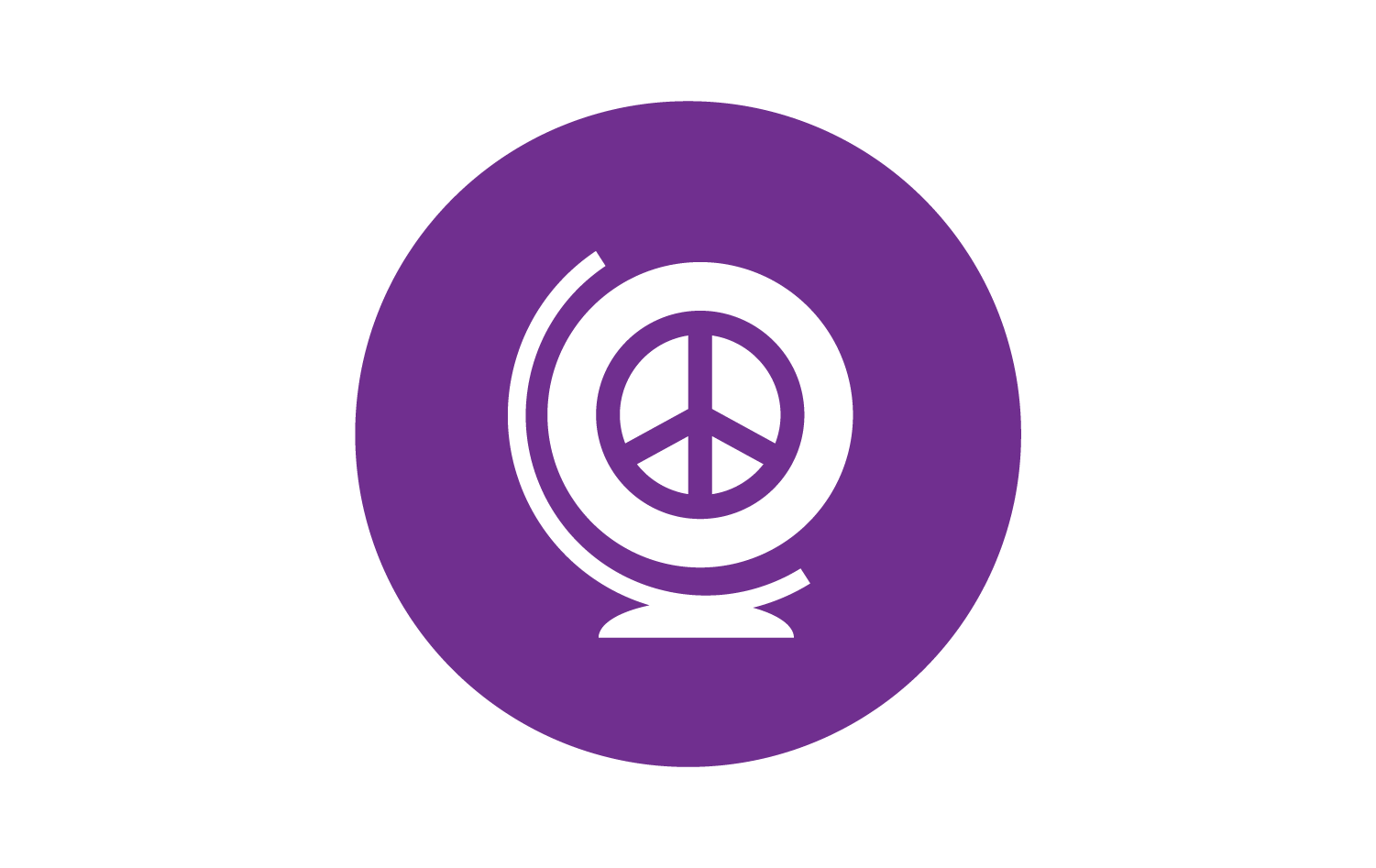
Strengthening women’s safety and security
Roughly 60% of Solomon Islander women experience physical or sexual violence. With little knowledge of or access to support services, the majority of women will not report their experiences. IWDA partner Family Support Centre is working to bring free counselling and para-legal services to all survivors of violence, and introduced mobile counselling services in rural communities to reach more isolated and vulnerable women. However, due to funding limitations, there are gaps in FSC’s coverage. The Anglican Church of Melanesia – Christian Care Centre provides safe housing and support for women and girl survivors of all forms of violence – the only medium term safe house in Solomon Islands.
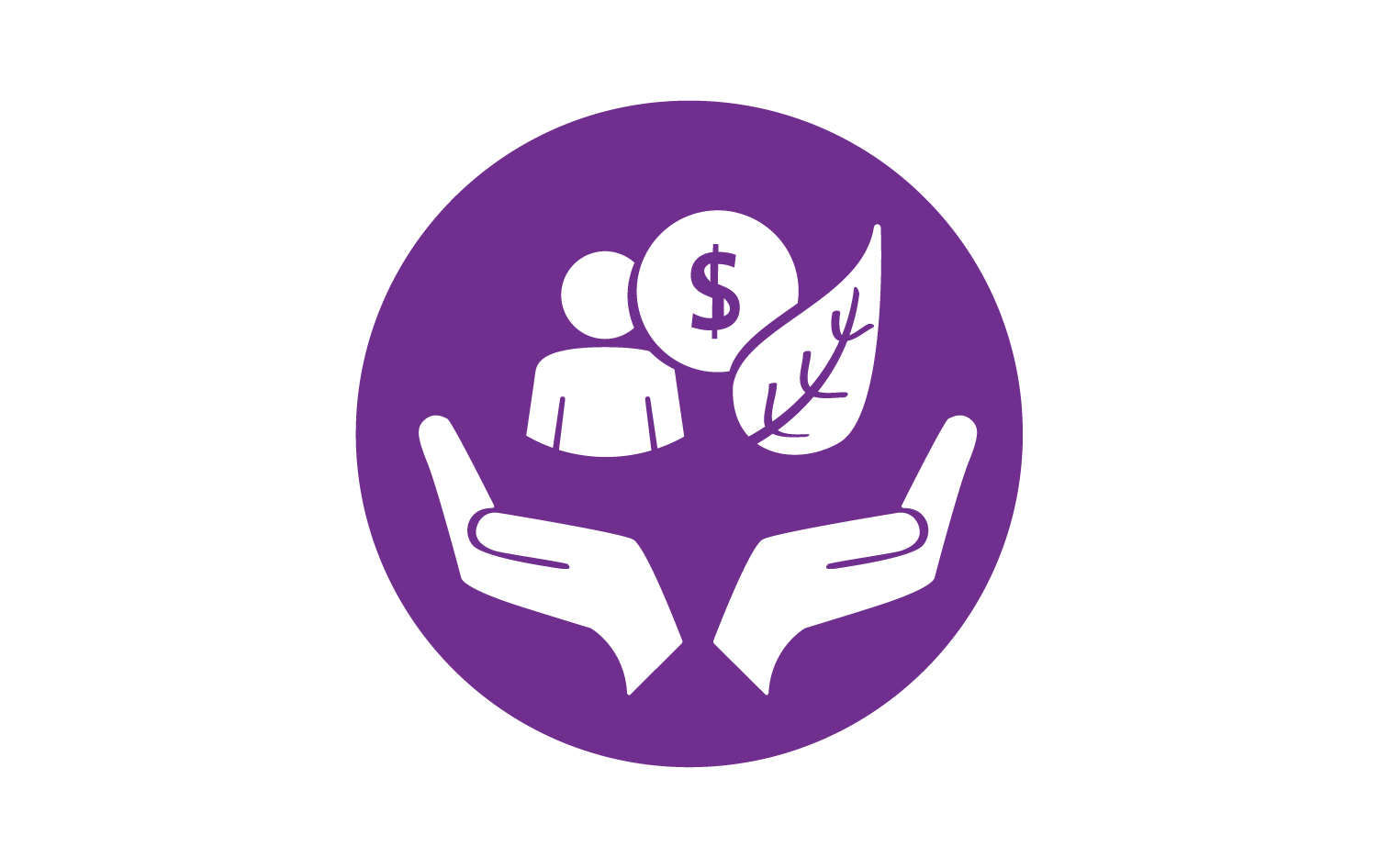
Economic empowerment
Many women in Solomon Islands have never had the opportunity to earn an income or handle money. Our partner West ‘Are’Are Rokotanikeni Association (WARA) is giving thousands of women the chance to do both. Providing a safe space for women to come together and create their own small businesses, WARA is supporting women to gain economic independence and the confidence to play a more active role in household and community decision making.
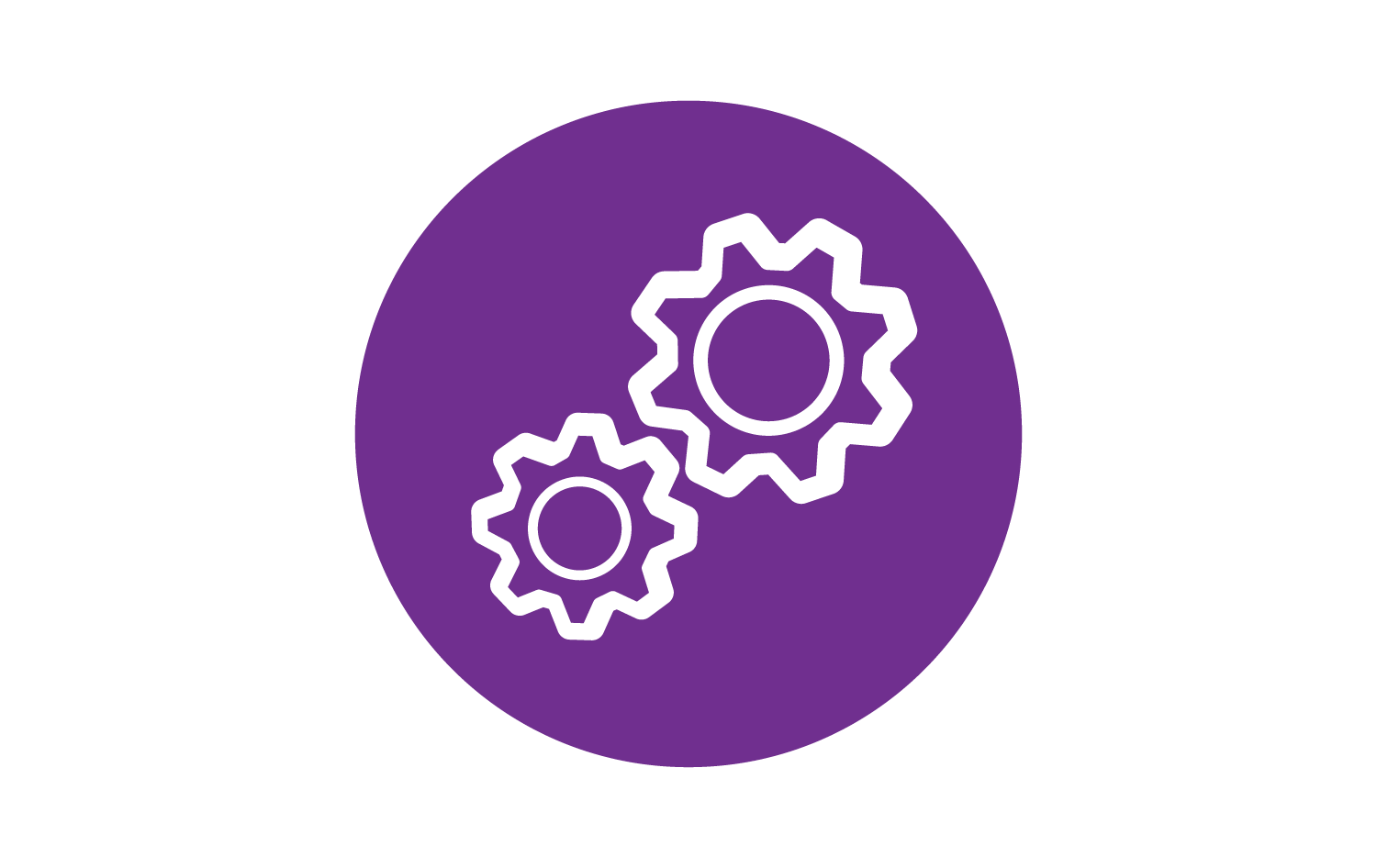
Systemic change
As part of the Women’s Action for Voice and Empowerment (WAVE), Women’s Rights Action Movement and West Are’Are Rokotanikeni provided a Solomon Island voice to this regional program. WAVE aimed to build demand and capability of women to take their place in governance and decision making. It was a truly transformational movement of women across Asia Pacific.
